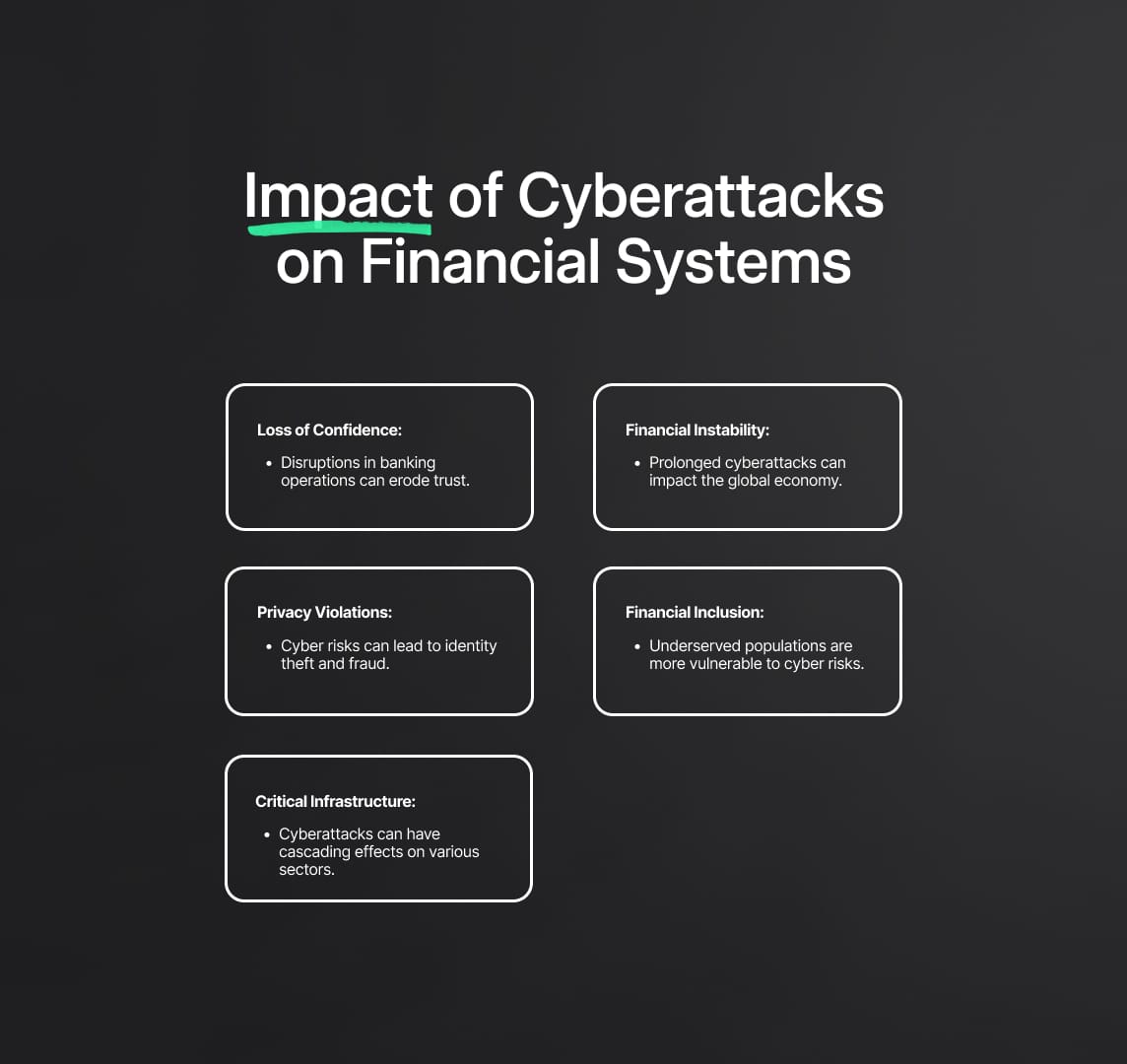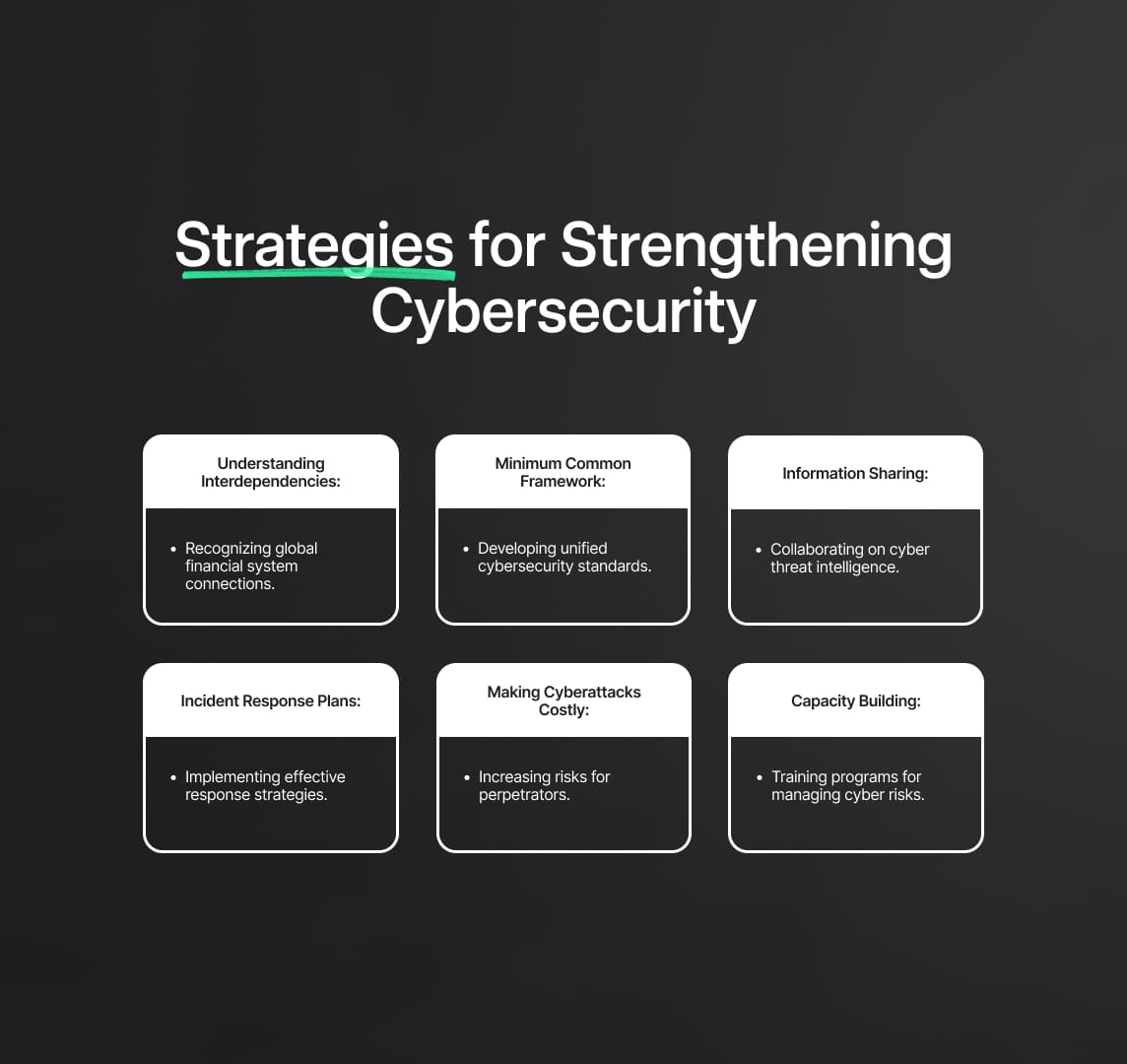Cybersecurity in the Digital Age
In his keynote, RBI's Deputy Governor, Mahesh Kumar Jain, stressed on cyber security amid rising digital transactions. He warned of cyber criminals disrupting financial systems, urging for global cooperation to counter these threats.

Strengthening Cyber Security in the Digital Age for a Safer Financial System
In a recent keynote address, Mahesh Kumar Jain, Deputy Governor of the Reserve Bank of India, emphasized the importance of cyber security in the rapidly evolving digital age. As financial transactions increasingly migrate to digital platforms, the reliance on information technology infrastructure grows exponentially. While this shift brings undeniable convenience and efficiency, it also exposes us to increasing risks. Cyber criminals constantly exploit vulnerabilities in digital systems, seeking to breach security defenses and gain unauthorized access to valuable data. In an interconnected world, where financial transactions traverse continents in a matter of seconds, the need for international cooperation in combating cyber threats has become paramount. Cyberattacks targeting banks not only jeopardize the stability of individual institutions but also have the potential to disrupt financial systems, making it imperative for nations to come together and address this pressing challenge.

Cybersecurity: Financial Services Transactions
As the financial sector becomes increasingly reliant on digital platforms, the potential consequences of cyber threats continue to grow in magnitude and complexity. Among the possible implications of cyberattacks on the financial system are:
Loss of confidence in the banking system : Cyberattacks can disrupt critical financial operations within banks, rendering them unable to process transactions, access customer accounts, or execute essential functions. This disruption can result in a loss of confidence in the banking system, as customers and businesses may face difficulties in accessing their funds or conducting normal financial activities.
Financial instability : Disruptions caused by cyberattacks can lead to financial instability, especially if they affect multiple banks or are prolonged. This instability can have far-reaching effects on the global economy, potentially leading to recessions or depressions.
Privacy violations and identity theft : Irresponsible data usage can lead to privacy violations, identity theft, and frauds, undermining trust in the digital ecosystem and potentially having financial stability and national security implications.
Impact on financial inclusion efforts : Cyber risks can have a significant impact on financial inclusion efforts, as the underserved and marginalized populations are more vulnerable to cyber risks due to their lack of awareness about cybersecurity.
Interconnectedness of critical infrastructure systems : Cyberattacks on critical infrastructure systems, such as the 2021 ransomware attack on Colonial Pipeline, highlight the interconnectedness of these systems and the potential cascading effects on various sectors, including banking.

To address these implications, it is vital for countries and financial institutions to work together to develop and implement strategies for improving the global cybersecurity environment. These strategies might include better understanding the global financial system's interdependencies, devising a minimum common framework for cybersecurity, sharing information and intelligence about cyber threats and attacks, developing and implementing incident response plans, making cyberattacks more expensive and riskier for perpetrators, and collaborating on capacity building and training programs to ensure that financial institutions have the necessary skills and resources to manage cyber risks effectively.
Overall, banks and financial institutions must prioritize robust cybersecurity measures, continuous monitoring of threats, and collaboration with international stakeholders to mitigate the risks associated with cyberattacks. While the timeline for potential changes in regulations cannot be determined based on the information provided, efforts to improve cybersecurity should be an ongoing priority to safeguard the financial sector in the digital age.

Reduce your
compliance risks

